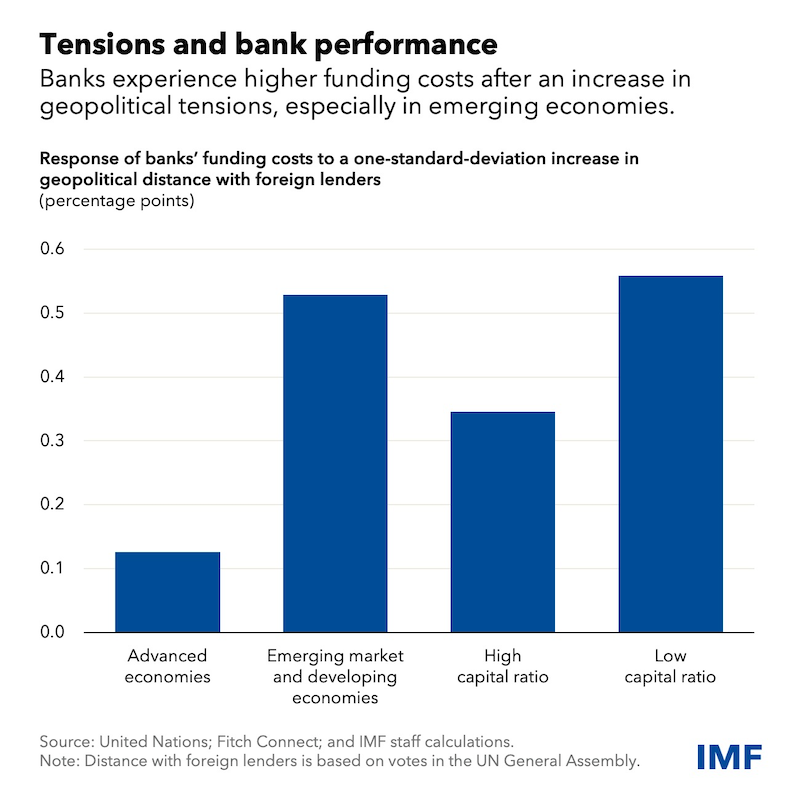Saskatchewan's Political Landscape: Analyzing The Impact Of The Federal Election

Table of Contents
Shifts in Federal Representation for Saskatchewan
The federal election results brought notable shifts in Saskatchewan's federal representation. Analyzing these changes is vital to understanding the province's voice in Ottawa. Compared to the previous election, the [insert winning party] saw [insert number] seat gains, while the [insert losing party] experienced a loss of [insert number] seats. This redistribution of power has significant implications for Saskatchewan's influence on national policy.
- Specific seat changes: For example, the riding of [Riding Name] shifted from [Previous Party] to [Current Party], reflecting a change in local political sentiment. Similarly, [another riding] saw a close race, resulting in [outcome].
- Impact on committee representation: The shift in seat numbers directly impacts Saskatchewan's representation on key parliamentary committees, potentially affecting the province's input on legislation related to agriculture, resource management, and other vital sectors.
- Influence on cabinet positions: The election results influence the composition of the federal cabinet. Saskatchewan's representation within the cabinet will determine the province's access to and influence on federal decision-making processes.
Policy Impacts on Saskatchewan: Federal-Provincial Relations
The newly elected federal government's policies and priorities will significantly impact Saskatchewan's key industries. The relationship between the federal and provincial governments will be defined by cooperation in some areas and conflict in others, shaping Saskatchewan's economic and social landscape.
- Specific federal policies impacting Saskatchewan: The federal carbon tax, for instance, will continue to be a point of contention, impacting Saskatchewan's energy sector and potentially influencing the provincial budget. Federal policies on resource development will also play a significant role, influencing the future of mining and oil and gas extraction in the province.
- Examples of potential cooperation: There is potential for cooperation on infrastructure projects, such as road improvements or investments in renewable energy initiatives, depending on the federal government's priorities and funding allocations.
- Examples of potential conflict: Disagreements over environmental regulations, particularly concerning resource extraction, are likely to persist, creating friction between the federal and provincial governments and potentially hindering economic development in Saskatchewan.
The Impact on Saskatchewan's Provincial Politics
The outcome of the federal election will undoubtedly influence Saskatchewan's provincial political landscape. The shifts in public opinion and support for provincial parties will be crucial to observe in the lead-up to the next provincial election.
- Possible changes in provincial party platforms: Provincial parties may adjust their platforms to address the challenges and opportunities presented by new federal policies. This could lead to shifts in political discourse and public debate within the province.
- Increased or decreased voter turnout predictions for provincial elections: The federal election results might influence voter engagement in the upcoming provincial election, potentially impacting voter turnout and the overall election outcome.
- Shift in public discourse and debate: The federal election might energize specific political discussions in Saskatchewan, creating space for renewed debate about provincial issues such as healthcare, education, and economic diversification.
Saskatchewan's Unique Political Identity
Saskatchewan possesses a distinct political identity shaped by its history and its predominantly resource-based economy. This identity often leads to complex dynamics in its relationship with the federal government. The province frequently navigates a path of balancing its interests with federal policies, often advocating for policies that support its agricultural and resource sectors. Regional factors within Saskatchewan, such as differences between urban and rural areas, also influence political preferences and the overall political landscape.
Conclusion
The federal election's impact on Saskatchewan's political landscape is multifaceted, affecting federal representation, federal-provincial relations, and even the provincial political scene. Understanding this interplay is crucial for comprehending the province's future direction. The shifts in federal representation, the potential conflicts and collaborations regarding federal policies, and their influence on provincial politics are all significant factors to consider. Stay informed on the evolving Saskatchewan's political landscape and its interaction with federal policies to ensure a comprehensive understanding of the province’s future trajectory. Further research into the impact of specific federal policies on Saskatchewan's economy and social programs is crucial.

Featured Posts
-
 International Trade Tensions An Fp Video Analysis Of Tariff Instability
May 21, 2025
International Trade Tensions An Fp Video Analysis Of Tariff Instability
May 21, 2025 -
 Giakoymakis I Kroyz Azoyl Ston Teliko Champions League Xari Ston Ellina Straiker
May 21, 2025
Giakoymakis I Kroyz Azoyl Ston Teliko Champions League Xari Ston Ellina Straiker
May 21, 2025 -
 Why Is Big Bear Ai Bbai Stock Falling In 2025
May 21, 2025
Why Is Big Bear Ai Bbai Stock Falling In 2025
May 21, 2025 -
 Abn Amros Bonus System Investigation And Potential Penalties
May 21, 2025
Abn Amros Bonus System Investigation And Potential Penalties
May 21, 2025 -
 Big Bear Ai Bbai Stock Is It Right For Your Portfolio
May 21, 2025
Big Bear Ai Bbai Stock Is It Right For Your Portfolio
May 21, 2025
